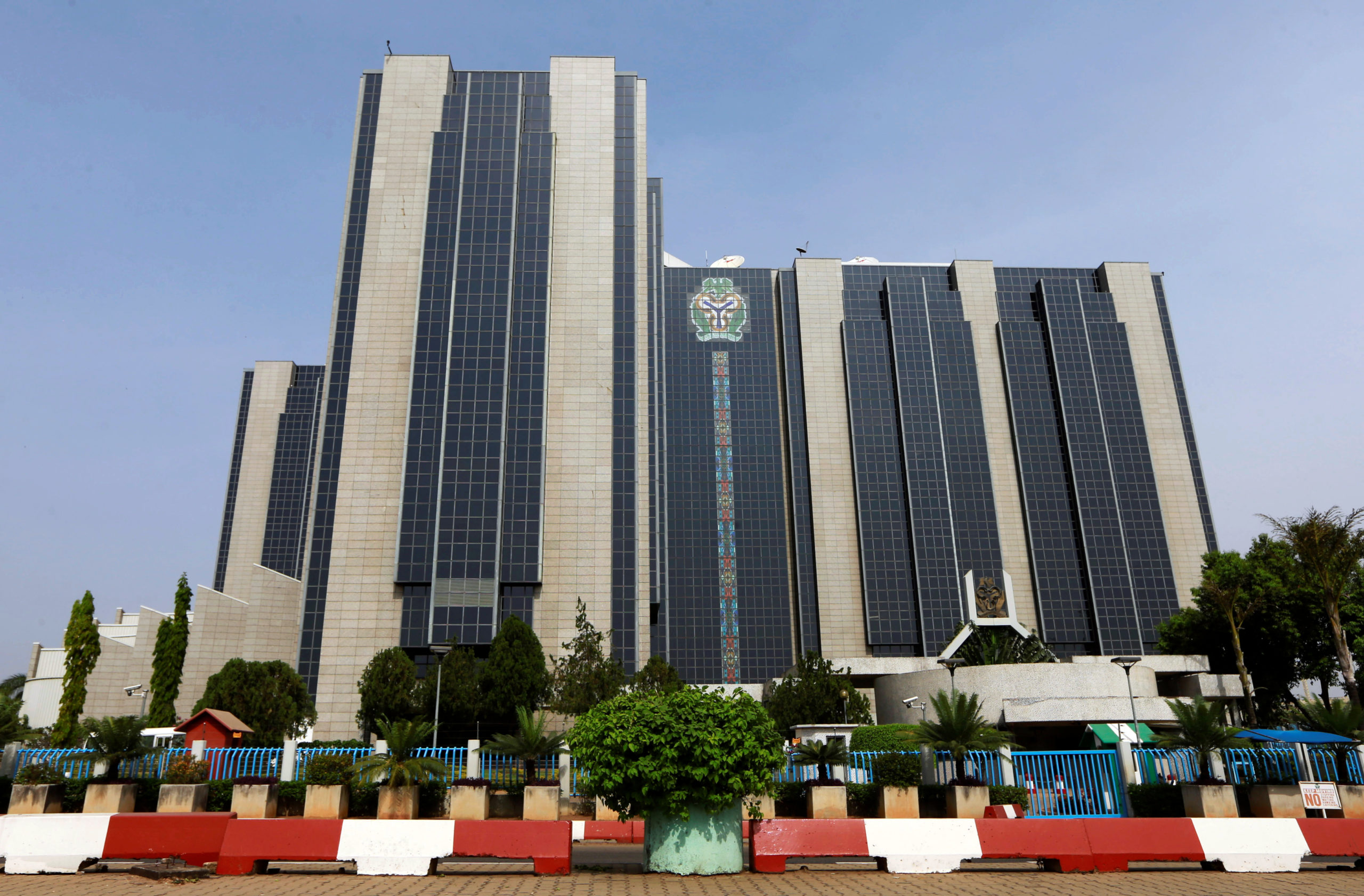Nume Ekeghe
Nigeria’s external reserves rose to $42.03 billion on September 19, 2025, the highest level in six years, according to latest figures from the Central Bank of Nigeria (CBN).
The last time reserves touched this level was in September 22, 2019, when they stood at $42.05 billion.
The latest balance represents a steady accretion of $610.8 million or 1.47 per cent from the start of September. It also reflects 13 consecutive daily gains across 14 reporting days, underscoring one of the most consistent upward streaks in recent years.
Compared to December 2024, reserves are stronger by $1.15 billion or 2.83 per cent. The recovery is more pronounced against the July 3 low of $37.18 billion, with the stock rebounding by $4.85 billion within just over two months.
Earlier this month, reserves crossed $41.66 billion as of September 11, their highest level in almost four years at the time, following a six-week rally of uninterrupted daily accretions. On a year-on-year basis, the balance then stood 13 per cent higher than the $36.81 billion recorded on September 11, 2024.
At the start of the year, reserves opened at $40.88 billion on January 2, setting a cautious tone amid sustained foreign exchange demand and modest oil inflows. By early July, reserves had slipped to $37.18 billion, their lowest level this year, reflecting pressure from outflows and the lag effect of soft oil receipts. The first half of the year was thus characterised by depletion, as the Central Bank of Nigeria (CBN) struggled to balance liquidity management with stabilising the naira.
However, from July onward, the trajectory shifted decisively. Between July 3 and mid-September, reserves surged by almost $4.85 billion, a recovery of more than 13 per cent from the year’s trough. By September 19, reserves had reached $42.03 billion, the highest in six years and surpassing all earlier readings in 2025. This rebound was driven by improved oil receipts, stronger portfolio inflows, and tighter monetary conditions that curbed speculative activity in the FX market.
Analysts attribute the sustained build-up to improved oil receipts, stronger foreign investment inflows, and tighter monetary policy that has curtailed speculative activities in the foreign exchange market. The CBN’s policy measures, they noted, have provided greater transparency and strengthened market confidence.
The post Nigeria’s Reserves Surge to $42.03bn, Extending Six-year High appeared first on THISDAYLIVE.


